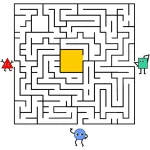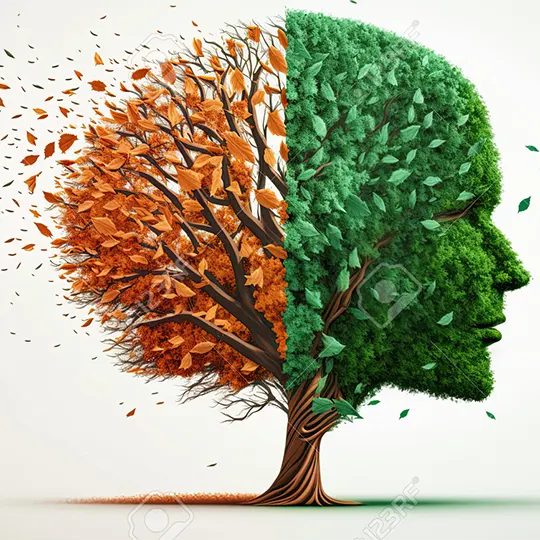
Our quizzes and puzzles are designed primarily for sharing to stimulate and engage with everyone so we can learn or perhaps re-learn together.
They are designed to be familiar but easier with more grown-up content than childish and appeal to our varied interests, hobbies, and backgrounds.
The conversational starters are there to stimulate conversation Often when a conversation dries up and no-one can think of what to say it can sometimes feel embarrassing. These are here to help in a non-threatening way that everyone can join in with and perhaps have a giggle and involve the whole family and probably learn something as well.
1. Improved cognitive function
Puzzles and quizzes require the brain to think critically and problem-solve. This stimulates the brain and helps improve cognitive function. Studies have found that those who engage in regular mental exercises such as puzzles and quizzes have better cognitive function and are less likely to develop dementia and Alzheimer’s.
2. Memory retention
Puzzles and quizzes require the brain to recall information and apply it to the task at hand. This improves memory retention and can help those with brain trauma, dementia and Alzheimer’s to better remember important information.
3. Increased social interaction
Puzzles and quizzes can be done alone, but they can also be done in a group setting. This provides an opportunity for those with dementia and Alzheimer’s to interact with others and engage in social activities. Social interaction has been found to be beneficial for those with brain trauma, dementia and Alzheimer’s, as it helps improve mood and cognitive function.
4. Reduced anxiety and depression
Dementia and Alzheimer’s can cause anxiety and depression in those who have the conditions. Puzzles and quizzes can help reduce anxiety and depression by providing a sense of accomplishment and improving mood.
In order to get the most benefit from puzzles and quizzes, it is important to choose activities that are appropriate for the individual’s level of cognitive function. Complex puzzles and quizzes may be more appropriate for those in the early stages of dementia or Alzheimer’s, while more simple activities may be suitable for those in later stages.
In conclusion, puzzles and quizzes are a simple yet effective way to improve cognitive function and slow down the progression of dementia and Alzheimer’s. These activities provide a fun and engaging way to stimulate the brain and improve memory retention. By incorporating puzzles and quizzes into daily routines, those with brain trauma, dementia and Alzheimer’s can enjoy improved cognitive function and a better quality of life.


